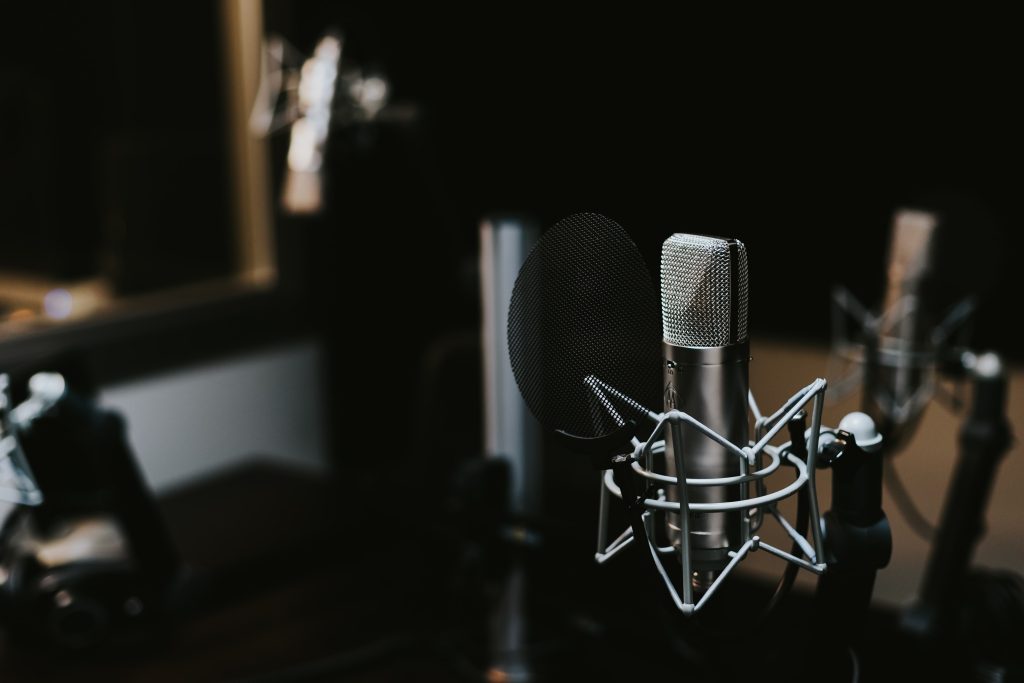Project Overview
Detailed Overview of the Golden Girls Oral History Project
Since 2006, the Golden Girls Oral History Project has been preserving the experiences of women educated at The W, the nation’s first public college for women. Each spring, the Center for Women’s Research and Public Policy trains students to conduct oral history interviews with members of the “Golden Girls” class on the occasion of their 50th reunion.
How are interviews conducted?

Interviews take place on campus during Homecoming week and typically last between one and one-and-a-half hours. Closer to time, you will receive an email providing the exact location reserved for your interview. Dr. Chanley Rainey, Director of the Center, will greet you and introduce you to your student interviewer; though she will not join you in the interview room, she will be available for assistance before, during, and after your interview. You may wear a mask or not and will be asked upon arrival whether you prefer that the interviewer mask. Interviewers and interviewees will be spaced at least six feet apart.
Once in the interview room, students will review the consent form with you once more. If you sign, the student will begin the interview, using a high-quality audio-recording device to capture the conversation as a Waveform Audio File (WAV) and preserve it for the historical record. The student may also take notes, but these will be destroyed after the interview recording has been transcribed.
Included in this site are the proposed questions students plan to ask, though clarification and follow-up questions may also be posed (which is why notes are helpful to them). We encourage you to read the questions and reflect on your memories before the interview. Take time to gather your thoughts and consider how much you want to share with the public record. You may want to jot down some notes beforehand and bring them with you. If there is anything you’d like to discuss that isn’t included in our list of proposed questions, feel free to bring it up in your interview! Or, if you decide you do not want to answer a question, simply tell the student you would rather not. You can skip a question any time and without explanation. You may also stop the interview and withdraw your participation at any point.
What happens to the interview recording?
The Consent Form transfers ownership of the audio file and your biographical sheet (sent prior to interviews) to the Center for Women’s Research & Public Policy at MUW, which will preserve, digitize, and make your interview publicly available as part of its Golden Girls Oral History Collection and through the Beulah Culbertson Archives and Special Collections in John C. Fant Memorial Library. By participating in the interview and signing the Consent Form, you are transferring ownership of the audio recording to the University and granting permission for its use (in whole or in part) in academic work and public venues. This means that you will have no control over who listens to the recording or whether and how it is used in the future. In a recent example, an Honors student used the recordings to create a digital walking tour of The W. Explore her project at https://muwalumnaetour.wixsite.com/tour.
Rights transfer only at the conclusion of your interview session. Again, you may stop the interview and withdraw your participation at any point during the interview.